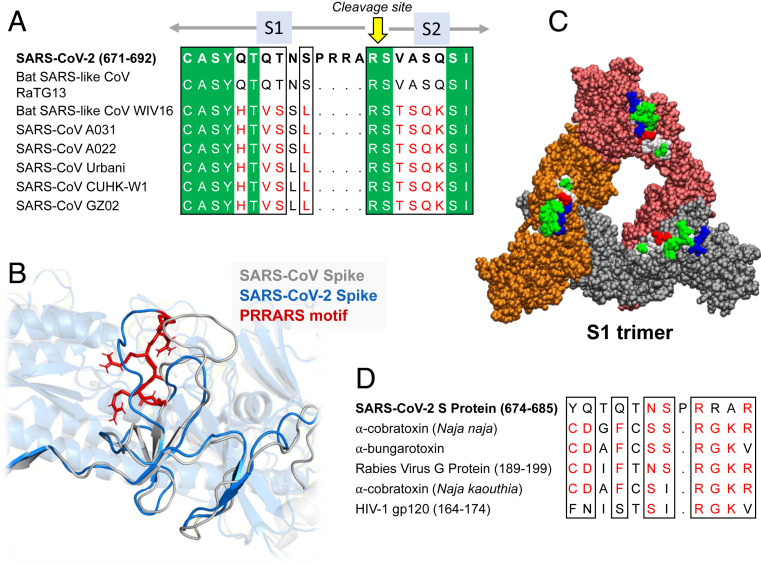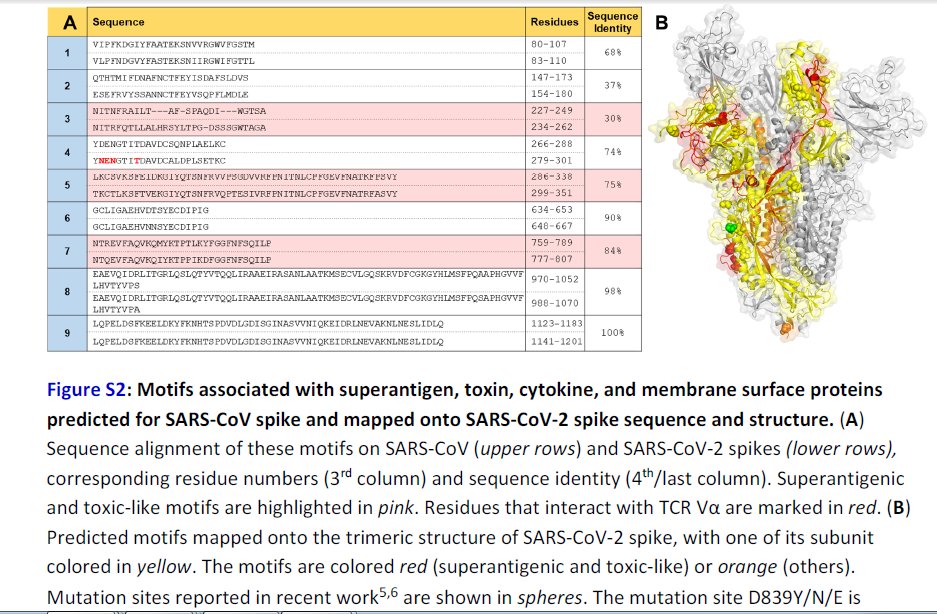But there are people who recoil at this
I am one of those people. I think it’s gross. The devil’s agreement one makes with this device is that you permit an enormous corporation an outpost in your backyard.
It skeeves me a little. I think it should skeeve anyone.
It’s in your house, it’s on your network, it’s handling your data:
A multi billion dollar company.
Hoovering up data about the things you put into your BRAIN. Explicitly. Because you want it to.
Because you need more shit for your brain. You’re hooked on feeding it now.
I put up with this revolting transhumanism—consumer cognitively parasitized by corporation—because the upsides are, well, magical.
You tell the thing what you want to read.
30 seconds later, you are reading it.
This is some Reading Rainbow ACID TRIP shit.
The convenience of summoning any book you want, at any time, even if it’s 3 AM and the book shop is closed.
No weight penalty. Nothing heavy to haul around.
The process is so painless.
But come on, you’ve seen Battlestar Galactica, you know how this ends.
We get all smug with our highly centralized, integrated information technology project. And then the complexity gets away from us.
There are consequences we didn’t anticipate.
Books is small potatoes, of course.
They’ve got gadgets that monitor your neighborhood.
They’ll sell you a security drone, now.
At some point what a company like Amazon knows about you, your neighborhood—only the most fanatical surveillance state could have fantasized about it
Amazon handles a significant chunk of digital freight, from the intellectual property itself down to the servers that host and distribute it.
Then handles the logistics of physical goods.
If you do commerce, Amazon is taking a cut somewhere down the stack.
Empires need infrastructure.
Amazon, Facebook, Apple, Google—they’re all empires
They are in the business of building roads.
And tollbooths.
And billboards.
Sometimes, when you’re not careful: colonoscopies.
In Amazon’s case, they know what I read. When I read it.
They know when my cat needs something I can’t get locally.
They know… anything they want about my IT situation at any given moment. Network configuration, IP, devices active, overlapping
God knows how much other trivia.
But they don’t just have it for me.
They have it for my neighbors.
They have it for Whole Foods shoppers.
I could draw sets and sets of people out of a hat and we’d find ways Amazon’s got them.
This is actual cyberpunk dystopian shit.
The mainstreaming of OnlyFans even makes it all horny enough that we’ll recognize it as real.
The dystopia’s all so low rent, is what’s really going to throw us off. We were promised neon holograms and instead we have Snapchat filters.
Instead of T-800 coming to us with fuckin LASER blasters and glowing-ass red eyes,
we’ve got a shitty gig economy app on a tiny fragile phone deciding, via algorithm, if someone is going to make enough money to cover food and rent for their family.
That’s some low budget shit!
All that to say.
The machines are here.
The guys who own them want to pick your pocket. Or some other party’s pocket, while on its way to deliver things to you.
All this pocket picking means we get caught in the middle.
Sidebar:
Now we’re going to talk about what an ABSOLUTE FLEX it has been, from the beginning, that the Kindle with cellular radio will work in any country without roaming fees or any particular intervention.
This is some kind of birthday gift James Bond gives his librarian.
From an information technology perspective, I can’t think of anything more imperial-magical than mastery over local telecom operators.
What an imposing flagship.
Normally, data roaming is onerous for the consumer.
You need to pay extra to your carrier, or fiddle with SIM cards for a local provider. Either way, it’s bureaucracy and cost.
Kindle, as envoy to the Amazon empire, pays all your tolls as a courtesy.
Remember, it’s pick-pockets all the way down.
Amazon covers your sporadic international cellular fees to keep the small-time pickpockets at a distance.
They want your undivided attention for their own transactions.






